This year marks HFMA’s 75th year of promoting the profession and practice of healthcare finance. The not-so-secret key to the Association’s longevity? The people.
David Canfield, FHFMA, the first business partner to serve on HFMA’s national board of directors and as National Chair, attributes much of his success to the organization.
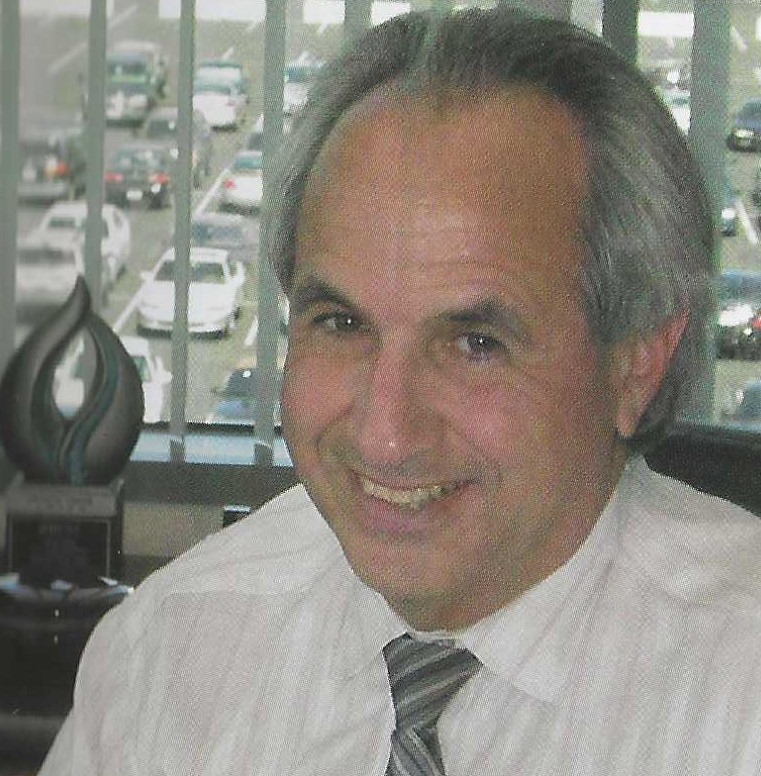
“HFMA was strong because of the people who were involved,” Canfield said. “Everybody had their whole heart in it.”
Canfield, who established “It’s personal” as the theme for his term as HFMA’s 2003-04 National Chair, is not alone in attributing personal achievement to the Association’s support.
“Being part of HFMA has been one of the most significant professional steps of my career,” said Cathy Jacobson, FHFMA, CPA, president and CEO, Froedtert Health, Milwaukee, and 2009-10 HFMA National Chair. “My opportunity to participate and lead at the national level and the support and development I received from HFMA staff and my colleagues was … instrumental.”
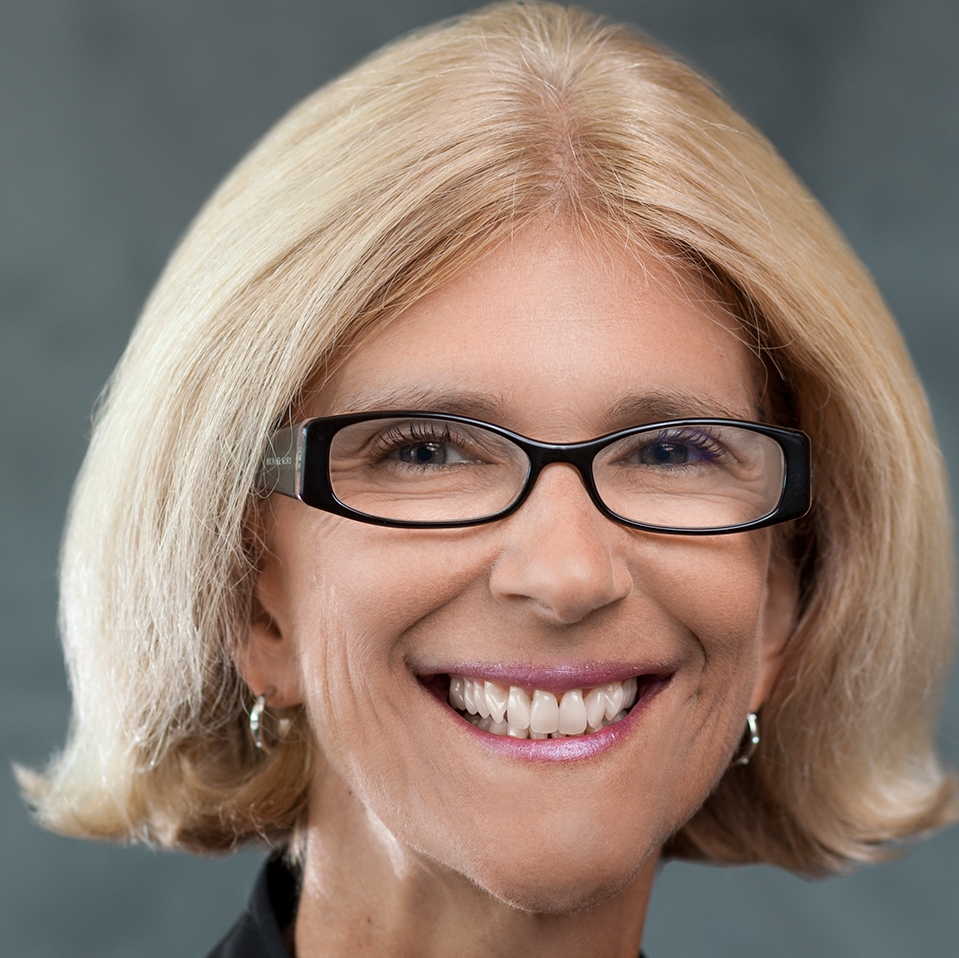
In recognition of HFMA’s 75th year of existence, more than 20 people involved with HFMA — from well-known leaders like Canfield and Jacobson to others who’ve worked behind the scenes — reflect on their experiences.
Healthcare finance as a mission
Just as Catholic Sisters were early leaders in caring for patients and financing and running hospitals, they also were instrumental in launching and growing HFMA. And they didn’t just have a seat at the table — they often were at the head of it. During a pivotal period, four different nuns served as the elected leader of HFMA from 1954 to 1970, and one more was elected in 1989.
The five Catholic Sisters who have served as HFMA’s top elected leader are: The five Catholic Sisters who have served as HFMA’s top elected leader are:
- Sister Mary Gerald (1954-1955)
- Sister Loretta Marie (1960-1961)
- Sister Mary Assunta (1964-1965)
- Sister Mary Bertrand (1969-1970)
- Sister Geraldine Hoyler (1989-1990)
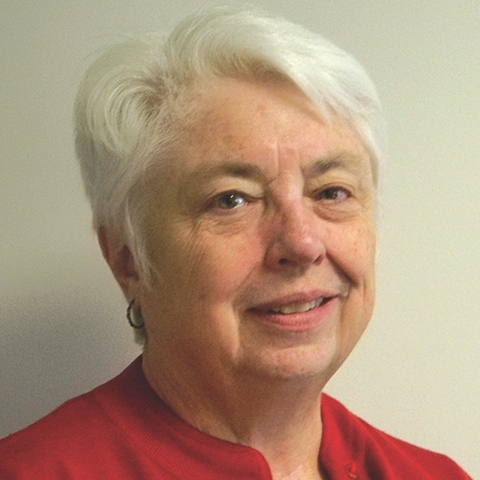
Sister Geraldine, CSC, FHFMA, a former CFO of Holy Cross Health System and Catholic Health Initiatives and currently a healthcare consultant with Christian Brothers Services in Romeoville, Illinois, said HFMA fostered innovation among its members by creating an environment where they could think out loud about the right course of action. “Through HFMA, I had peers who would say, ‘That doesn’t make one iota of sense,’ or ‘This is how we do it,’ or ‘Yes, I think that would work,’” said Sister Geraldine. “You serve better, in my case the ministry, because you’re not thinking in your own little box. Your box is much broader, and it has many more points of view.”
The Catholic Sisters helped to create an organization that encouraged that kind of dialogue, Sister Geraldine said. “Leading and speaking out was never something that we feared to do,” she said. “It was always just part of what we did. And we didn’t have to worry about politics as women religious [sic]. We were there for the mission.”
Sister Geraldine said the need for more advanced financial management of healthcare institutions evolved after World War II with the advent of health insurance. People had to figure out how to deal with those health insurance plans, and the Catholic Sisters, who had served in key hospital positions, were poised to lead the effort. “Why wouldn’t they just step forward, and tell people, ‘We need to do this and let’s do it’?” Sister Geraldine said. “They were used to working together, and they were experienced leaders. They went and did what needed to be done. It was a comfortable position for them, and there was never an issue of acceptance.”
Innovating in Washington, D.C.
Ronald Kovener, FHFMA, was the Association’s trailblazer in 1973 when the decision was made to establish an office in Washington, D.C.
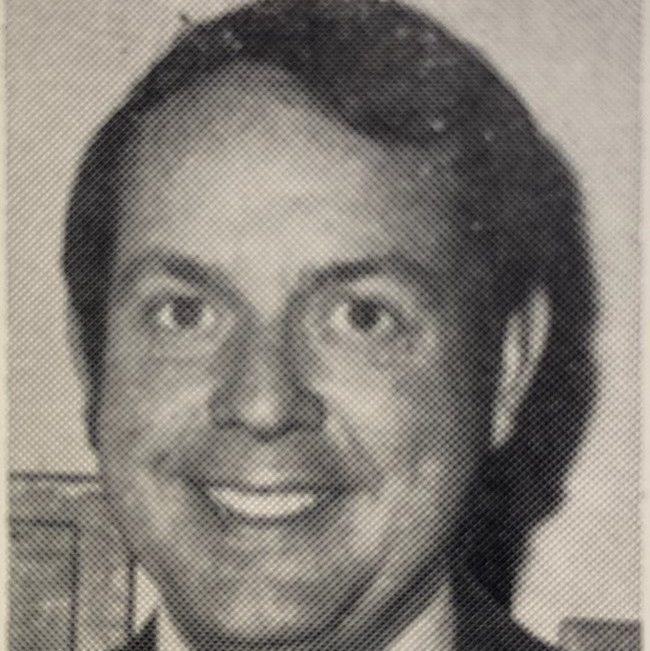
“Nixon’s price freeze had been very unfavorable to the healthcare field, and we felt we needed more of a presence in D.C. to learn what was going on,” said Kovener, who had just finished a term as HFMA president. “So I put up my hand and said, ‘I’d like to do that,’ and they took me up on it.”
Initial goals for the new Washington office included collecting information about legislation and regulations that impacted healthcare finance and disseminating it to HFMA members, providing input into the development of such proposed bills and regulations, and coordinating efforts with related organizations.
“Getting HFMA well-recognized in Washington was a goal, and I think that happened very thoroughly,” said Kovener, who headed up the office for more than 20 years. “I had the great advantage of having many other healthcare associations there in D.C., and we got together regularly.”
To keep members informed, Kovener created WASHLINE — a weekly three-minute recorded phone message that provided an update on what was going on in the nation’s capital related to healthcare finance. “At that time, when you made a long-distance phone call, you paid a fixed amount for three minutes,” said Kovener. “Anything over that was at a variable rate, so I devised this tape-recorded message that was exactly three minutes long. I scripted it very carefully and then recorded it on a reel-to-reel tape recorder.”
WASHLINE became popular not only with HFMA members but also with some of the bigger hospitals and other associations that recorded the taped phone message and distributed it to their own staff and members.
An independent force
HFMA adopted a corporate structure in 1978. It included hiring a salaried president and CEO who could bring credibility and presence to negotiations with other groups. Four individuals have held the position in the past 43 years: James Whitman, Michael Doody, Richard L. Clarke and Joseph J. Fifer. Each spearheaded initiatives that moved HFMA forward in its mission to lead the financial management of healthcare.
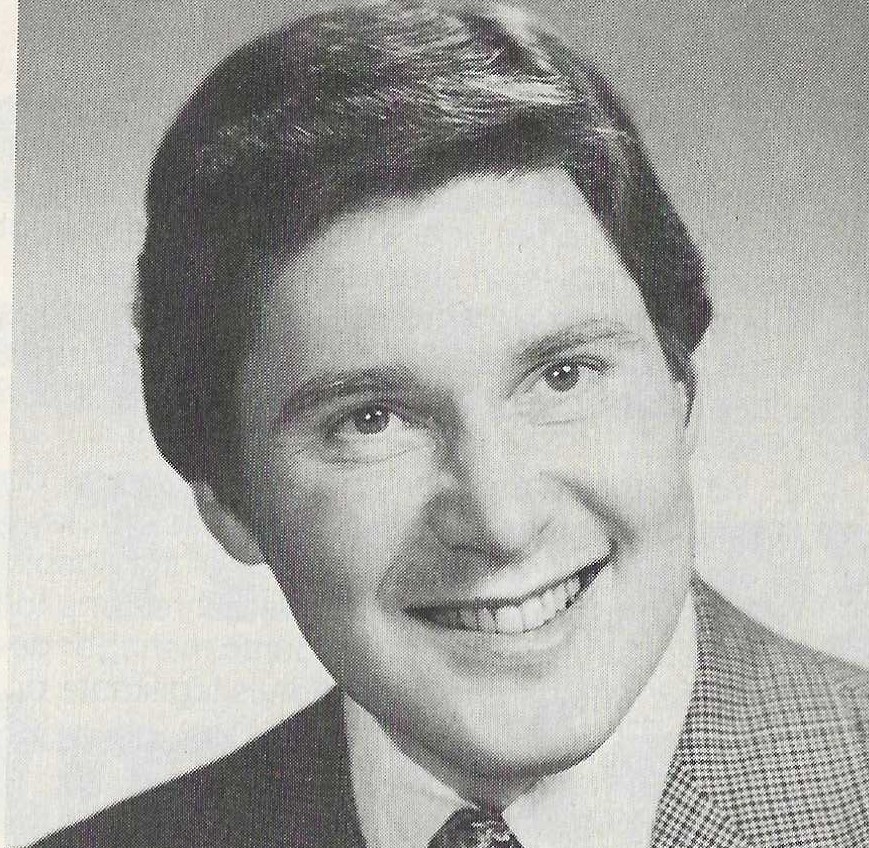
Whitman, who served as president and CEO from 1978-82, said one of the biggest challenges he faced was addressing the concern that it was time for HFMA to move out from under the shadow of the American Hospital Association, both figuratively and literally, as the two organizations were located close to one another on North Lake Shore Drive in Chicago.
“There were those who believed we’d never recover if we moved the HFMA offices away from the Chicago lakefront where AHA was located,” said Whitman. “And there were others of us who felt we needed to become recognized in our own right, representing the chief financial officers and others working in healthcare finance. The profession was growing in stature, and we felt it needed to be an independent organization that was recognized for what it brought to the field.”
The opportunity to make a move presented itself in 1980 when the owners of the building at 666 North Lake Shore Drive where HFMA had its offices decided to convert it into condominiums. “We decided to move to Oak Brook [Illinois], and that made a very significant difference,” said Whitman. “We were able to put the organization on a whole new footing at that point.”
A new perspective
Michael Doody, who served in the role from 1983-86, was HFMA’s only CEO who didn’t have a finance background but rather had leadership experience with state and national healthcare associations, including AHA and the American Osteopathic Hospital Association. Doody’s background positioned him to take on the major project of developing a strategic plan.
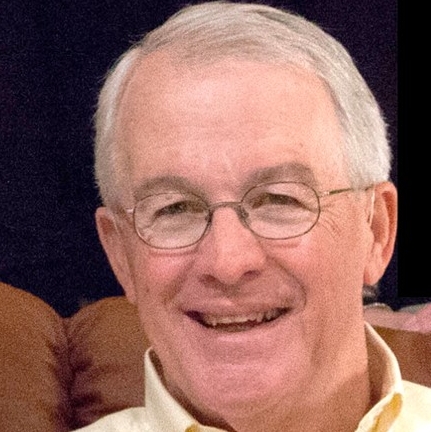
A second, more controversial issue that Doody tackled was the location of the Annual National Institute (ANI). At the time, the event took place every year at the University of Colorado in Boulder — a site popular with the attendees who liked to take advantage of the location to add on a family vacation. “I thought it was curious that an organization with 25,000 members in all 50 states had an annual meeting in a facility that could accommodate only 500 attendees,” said Doody. “It became immediately obvious that we were missing an opportunity.”
Doody believed both the lack of space and the expense of getting to Boulder from other parts of the country were prohibiting interested members from attending the conference. He also maintained that more space would allow the inclusion of business partners, which could be an important source of revenue. The chapter presidents agreed and also recommended the event be moved.
Despite some complaints from members, the change was ultimately approved, and the 1985 ANI was held in Philadelphia. One year later, business partners were added, and ANI attendees had the opportunity to spend time on the exhibit floor during meals and cocktail hours.
Responding to an evolving industry
When Richard L. Clarke, FHFMA, DHA, was hired as HFMA’s third president and CEO in 1986, his plan was to stay in the position for five years. He retired from the job more than two decades later in 2012.
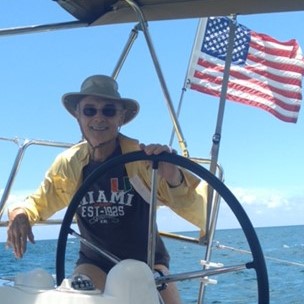
According to Clarke, the most challenging time during his 26-year tenure was the mid-1990s to mid-2000s. Medical group management companies were developing large networks of physicians, and insurance companies were consolidating, resulting in stand-alone hospitals merging into increasingly larger systems. The relationship between the stand-alone CFO within a market and the local chapter started to change as large systems began to consolidate financial operations.
“Finally, the financial collapse of many IT startups in 2000 drove the economy into recession,” said Clarke. “All of this resulted in a significant decline in HFMA membership. We had to compress national operations through a reduction in force, but still help chapters and members deal with the changing market dynamics.
“We came through that challenge and grew stronger, but it was a turning point from what was a fragmented cottage industry of providers, facilities and insurance companies into very large organizations.”
Clarke believes one of HFMA’s most important accomplishments was quickly adjusting to the changes in the industry by reframing how HFMA was perceived in the market and by members. “We emphasized being a voice for healthcare finance and contributing to the debate on key issues,” he said. “We increased our presence in Washington, D.C., on the regulatory side and started the Patient Friendly Billing project, followed by increased involvement in accounting policy issues with AICPA and FASB.”
Leading through a pandemic
HFMA’s current president and CEO — Joseph J. Fifer, FHFMA, CPA — says it was a dream come true when presented with the opportunity to succeed Clarke in 2012. “Many years of volunteerism and involvement led me to the CEO position,” said Fifer, who also served as HFMA’s 2006-07 Board Chair. “But what emotionally led me to it was passion. I’ve loved HFMA. It’s been so meaningful to me my whole business career.”
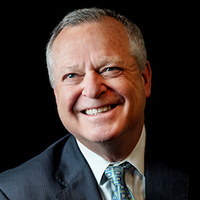
Fifer’s HFMA experience was crucial in 2020 when the Association faced what Fifer says was the biggest challenge of his entire career: the COVID-19 pandemic. “It took everything I had to remain calm,” said Fifer. “We were talking about not being able to do the Annual Conference, and we had canceled or rescheduled spring events for the fall, naively not knowing the future.
“Our first modeling of what the pandemic could mean to us showed that the moderate-level scenario was in excess of an $8 million loss,” he said. “You can’t just cut your way out of that.”
Fifer credits one of his mother’s sayings — “Don’t worry about the money” — with helping him stay calm and think clearly about how to manage through the pandemic-related challenges. “I can’t say I didn’t worry,” he said. “But it wasn’t completely driven by just financials.”
With that mindset, Fifer worked with the HFMA Board and staff to make decisions and implement changes that enabled the organization to survive the challenges.
Looking to the future
Fifer’s next challenge is leading the organization in determining what it needs to do to remain relevant and successful. That includes promoting cost-effectiveness of health as an underlying strategy. “I don’t think success in the future will come from being exactly the way we have been for the first 75 years,” Fifer said.
“Society is changing in all kinds of ways, and we need to change accordingly. We need to be even more of a solve-based organization, both for today’s issues and tomorrow’s challenges.”
Working for HFMA: What it’s really like
Throughout HFMA’s 75-year history, dedicated staff have worked alongside members to advance the healthcare finance profession and industry. Five of the Association’s longest-serving employees recently shared their experiences.
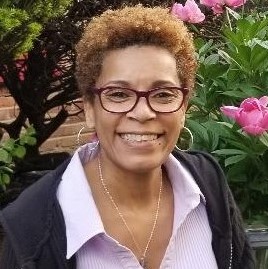
Why she’s stayed: “I have learned so much being here at HFMA and have grown so much in my life and profession. I always say ‘HFMA raised me.’”
Biggest changes witnessed: Staff changes. “Being here for more than 35 years, you see a lot of people come and go.”
Favorite HFMA memory: When the Washington, D.C., and Westchester office staff had a joint team-building session at the McDonald’s Lodge. “It was so much fun and a really nice bonding experience.”
Best thing about working for HFMA: “Opportunities to learn and grow into this person I am today. I’ve made some lasting relationships with staff, HFMA members and their assistants. HFMA made my world bigger. and better. I am grateful for the journey, and it continues.”

Why she’s stayed: Learning opportunities and relationships. “I have also found HFMA to be a family-friendly work environment. I don’t feel like I have to sacrifice being present for my family in order to fulfill the requirements of the job.”
Biggest changes witnessed: Strategic and directional changes.
Favorite HFMA memory: Attending the annual meetings and getting an opportunity to match names to faces and interact with members.
Best thing about working for HFMA: Working alongside talented individuals dedicated to helping members on their quest to deliver quality healthcare to the patients they serve. “I also enjoy interacting with members, finding out what their needs are and how I can help address those needs.”
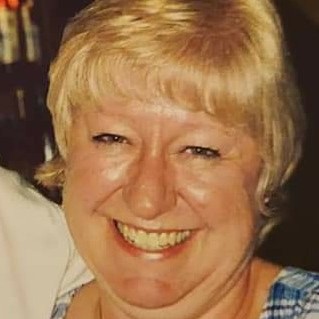
First position: Member Service Center Associate. “I started as a temp in 1993 when my friend and neighbor asked if I was interested in helping out and then was hired as a full-time employee in 1994.”
Why she’s stayed: “The people! Both my co-workers and our customers. I always like to say that it is like having friends all over the country.”
Biggest changes witnessed: The change from iMIS to Salesforce and the automation of so many processes that were once manual.
Favorite HFMA memory: HFMA’s 50th Anniversary. “Bob Shelton — ‘Mr. HFMA’ — came into the office and could tie HFMA history to his family history. It was interesting and highly entertaining.”
Best thing about working for HFMA: The people and the challenges.
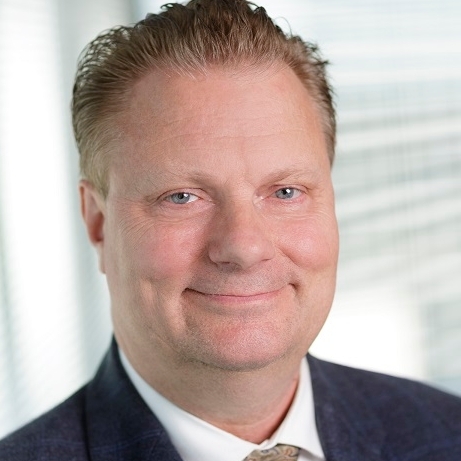
Why he’s stayed: HFMA’s emphasis on fostering a collaborative culture and abiding respect for staff expressed from the top down.
Why working for HFMA has been such a good experience: The members. “So many of them testify openly how HFMA has been a meaningful, even indispensable, part of their lives.”
A favorite HFMA memory: Working with Glen Kazahaya, a long-time member and past president of HFMA’s Southern California Chapter, on a two-part series he hoped could serve as a legacy of his work in healthcare. Part two, published shortly before Kazahaya’s death, won HFMA’s Helen Yerger/L. Vann Seawell Best Article Award for FY2019-20.
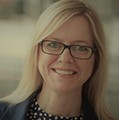
Why she’s stayed: HFMA’s commitment to its members and volunteers.
Biggest change witnessed: The successful digital transformation in 2019, including the new website and new membership model.
Recent accomplishment: The seamless implementation of HFMA’s digital badging program for its certification programs. “The HFMA/Credly credentialing digital badging program was initiated parallel with the launch of HFMA’s digital transformation initiative. I was honored to be asked to write an article on this project for hfm, explaining my role and the project goals.”
A favorite HFMA memory: The retirement events hosted for Dick Clarke, former HFMA president and CEO, at the 2012 Annual Conference.
HFMA’s contributions to healthcare finance
HFMA members share their thoughts on the Association’s contributions to the healthcare finance industry.
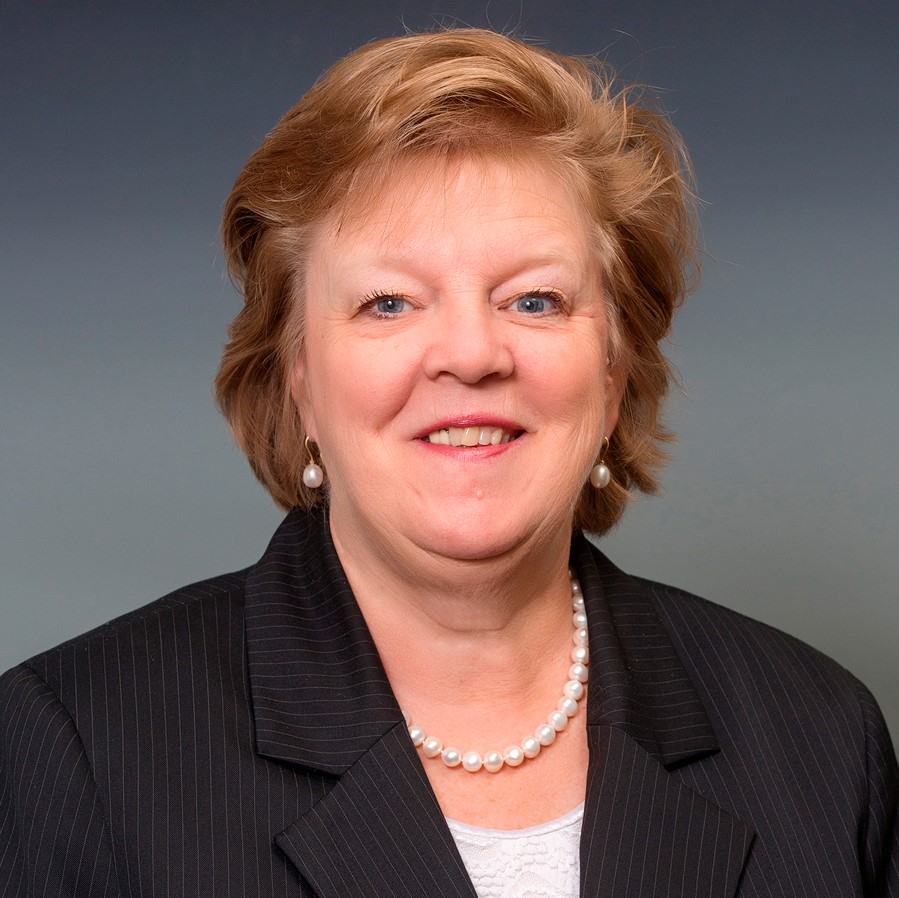
“HFMA opened my eyes to the similarities and differences in the way that healthcare is delivered and financed in different parts of the United States and the world. As a professional association, HFMA is viewed by decision-makers as knowledgeable, innovative, forward-thinking, and an organization that can be trusted to consider impact for many segments of the industry.”
Joanne Judge, FHFMA, CPA, Stevens & Lee, P.C., 1991-92 HFMA National Chair, Reading, Pa.
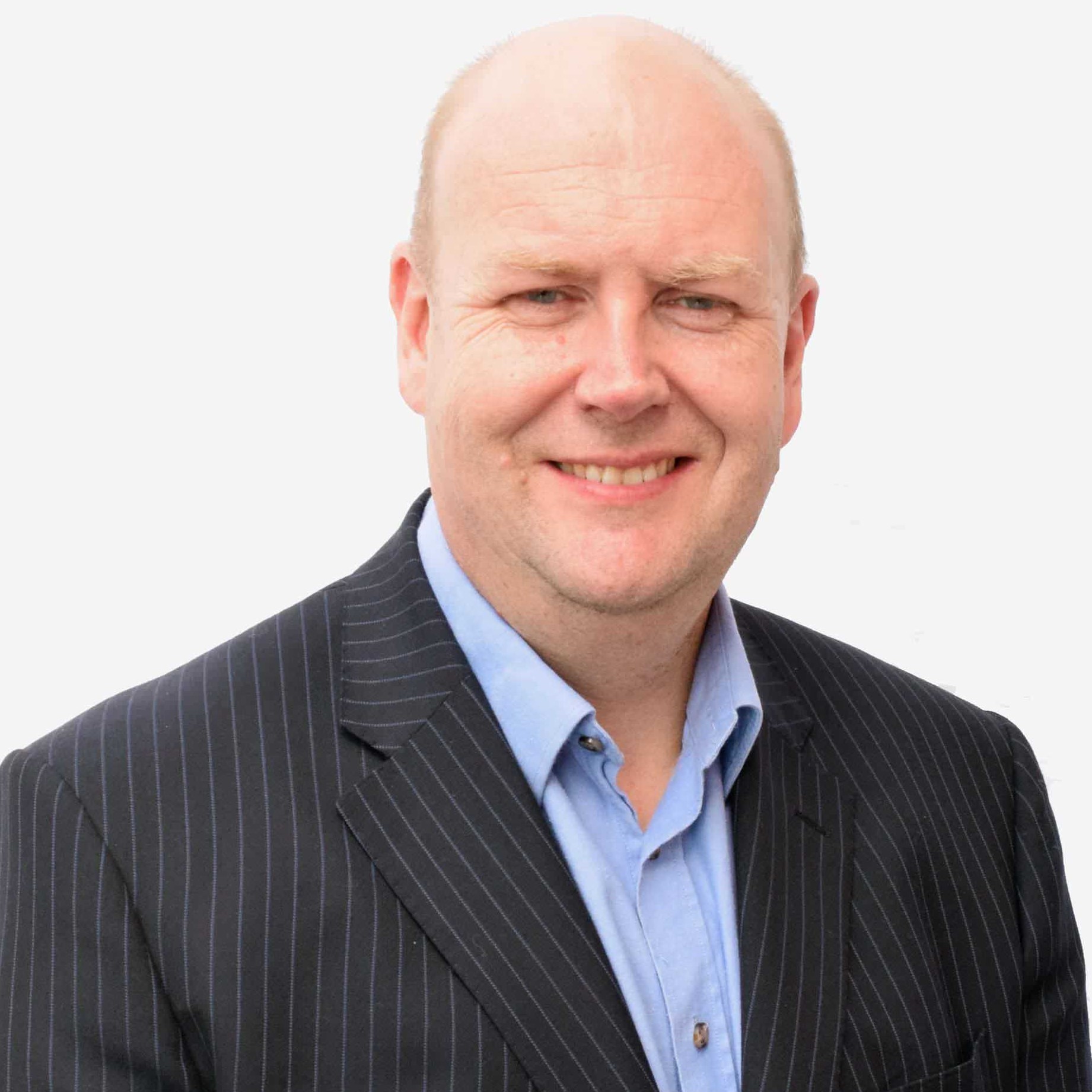
“As global leaders, the USA and UK have a ‘special relationship’ amongst nations. This is mirrored by HFMA where for nearly 60 years the two Associations have remained close friends. Through our various programs over the years and our continued dialogue, we have learnt from each other and grown together,”
Mark Knight, CEO, HFMA U.K.
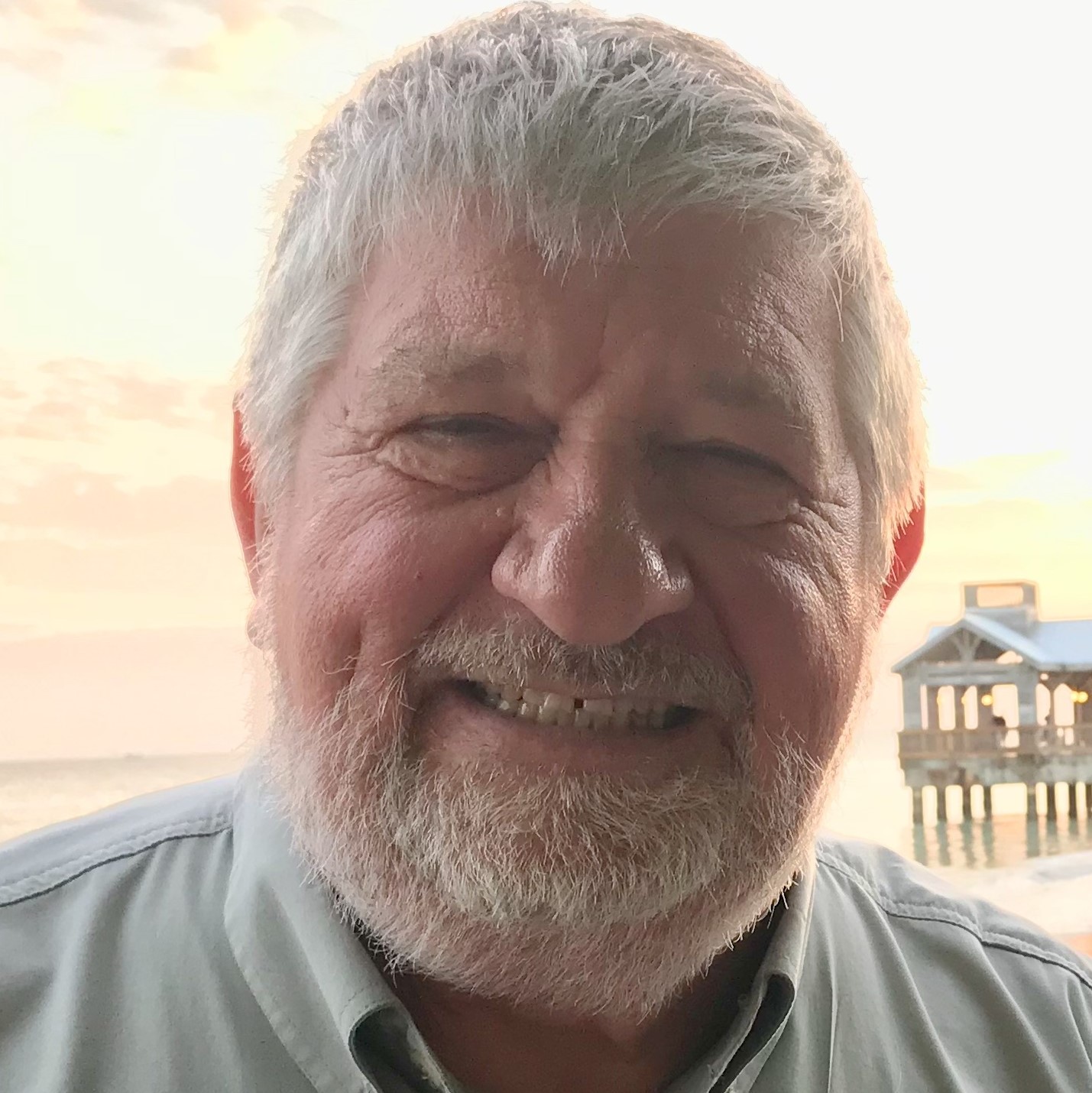
“HFMA has served as the beacon for all healthcare finance industry stakeholders. Whether it be providing a loud industry voice, charting new strategies or spotting industry threats, HFMA has consistently been the conduit for healthcare financial collaboration, education and communication.”
Joe Pajor, FHFMA, Retired healthcare executive, Westbrook, Conn.
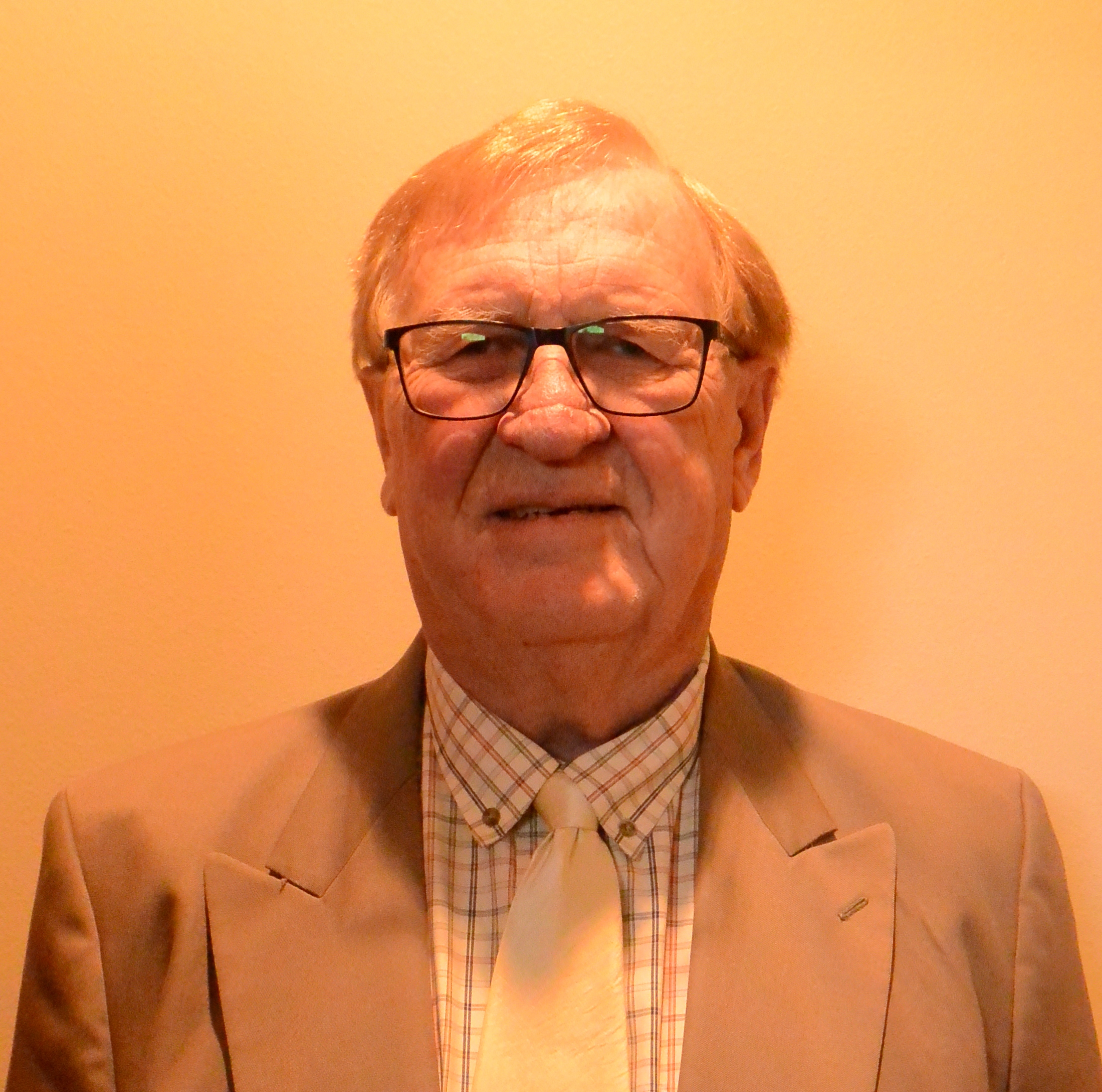
“HFMA’s most important contribution to the profession of healthcare finance is providing opinions and guidance from member experts that can be put into action.”
Dave Timpe, FHFMA, Retired healthcare executive, Hartford, S.D.
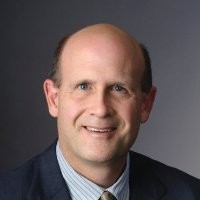
“HFMA is one of the most respected voices in our industry for sound policy development and guidance, not just to its membership but to regulators and lawmakers at the state and federal level. The standing HFMA has enjoyed makes it a strong voice for advocating for reasoned, pragmatic approaches to solving the fiscal and delivery system structural challenges in the U.S. healthcare system.”
John Travis, FHFMA, Vice President, Regulatory Strategy, Cerner Corp., Kansas City, Mo.
What HFMA has meant to me
Members and leaders from over the years describe their experience with the Association.
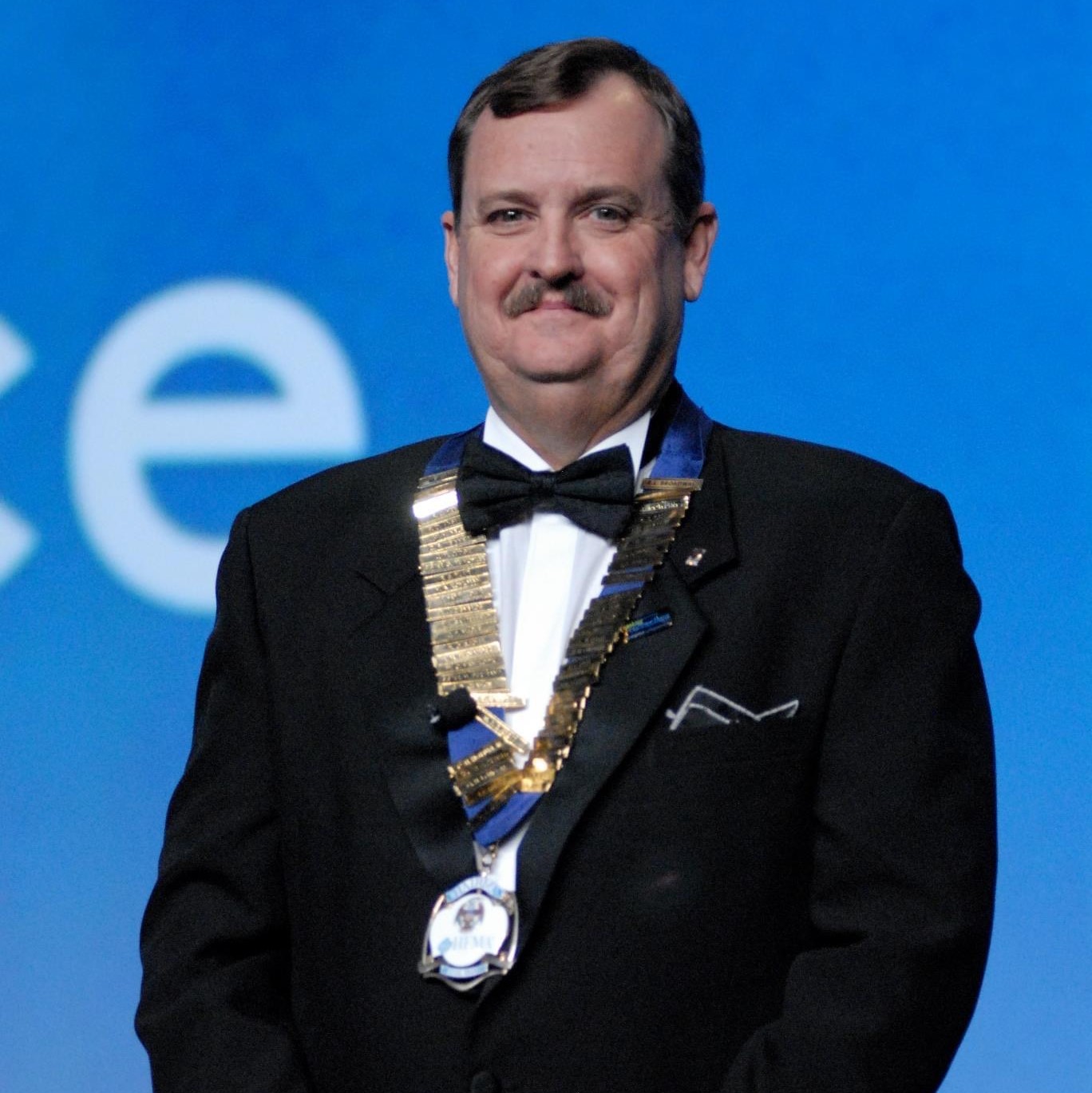
“HFMA has been the foundation of my career, providing education and content. From hfm to chapter meetings to our Annual Conference, HFMA has always been there for me. And most importantly, all along the way I was ‘Making Connections’ with members for a lifetime.”
Robert Broadway, FHFMA, 2008-09 HFMA National Chair, West Palm Beach, Fla.
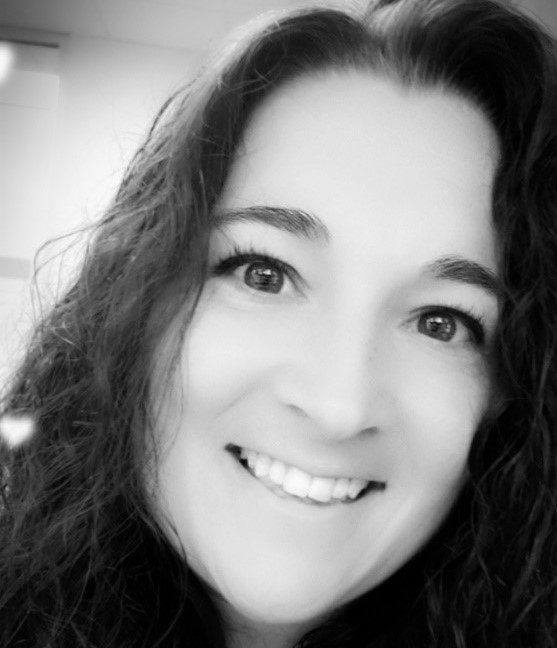
“In every difficult moment in my career, I have leaned on my HFMA circle. A grad school professor gave the best advice: ‘Choose wisely who you associate with. There are people that will help you excel by pushing you to be the best version of you. These aren’t the people that tell you what you want to hear. These are the people that will challenge you to work harder, get results faster and never stop learning.’ And he was right. That is the value of HFMA, and I cannot imagine my career without it.”
Nikki Harper, FHFMA, Vice President, Patient Business Services, Trinity Health, Farmington Hills, Mich.
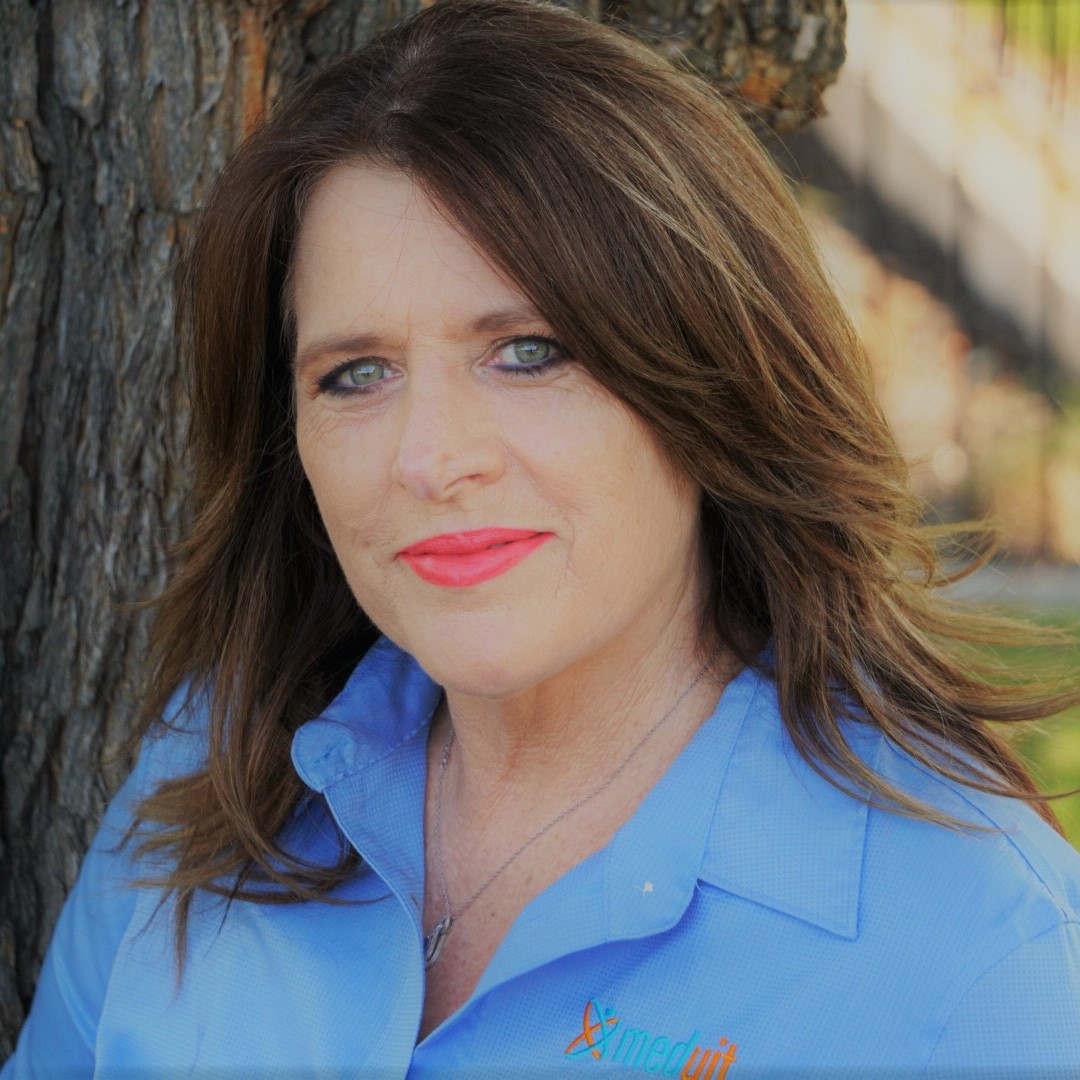
“I originally joined HFMA to stay informed of the ever-changing dynamics in healthcare. After joining the South Texas Chapter, it became much more of a team environment, and this motivated me to increase my involvement in HFMA by taking on a leadership role. I have learned so much through networking and being a part of this outstanding association.”
Lisa Keffer, Relationship Manager, Meduit, McKinney, Texas
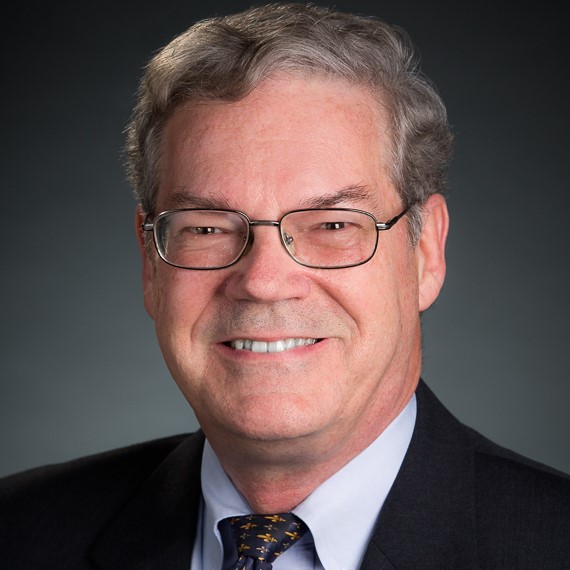
“HFMA membership means leadership opportunities, professional growth and friendship.”
John P. McGuire, FHFMA, 1994-95 HFMA National Chair, St. Louis, Mo.
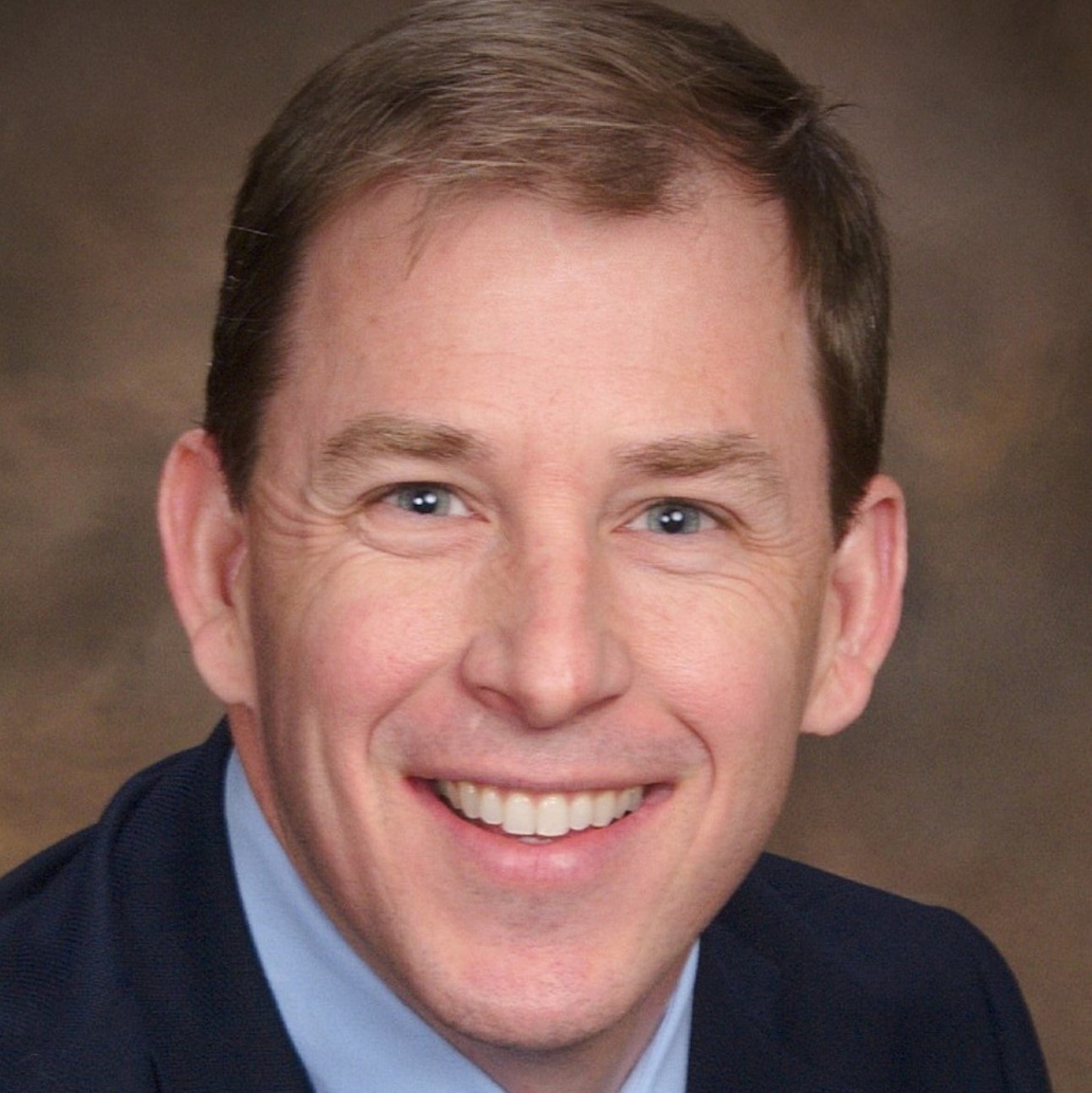
“HFMA has always been an organization that has helped keep me informed on relevant issues and trends in healthcare. It also has kept me connected with the most knowledgeable people.”
Pete Sabal, FHFMA, Senior Vice President, Network Contracting, Optum Care, Las Vegas, Nev.





